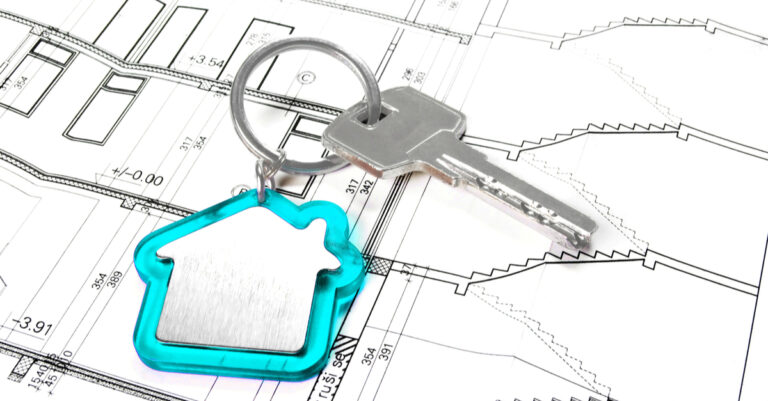Following community outcry surrounding inferior building standards of residential towers such as Opal Tower, the NSW Government has begun introducing new legislation to create new standards for the building industry. Early in June 2020 the Design and Building Practitioners Act 2020 (NSW) and the Residential Apartment Buildings (Compliance and Enforcement Powers) Act 2020 (NSW) were passed by the NSW parliament as part of the NSW Government’s six-part plan to improve accountability and confidence in the construction sector. Together the two pieces of legislation create a new duty of care to homeowners, and introduce broad enforcement powers for the Building Commissioner to investigate and rectify building defects.
D&BPA The D&BPA creates a duty of care in favour of homeowners to prevent defective construction works. Anyone who completes construction work will have an obligation to ensure that they use reasonable care to avoid any economic loss from their defective work. This includes:
- Loss related to the site where the defective work is completed; and
- Any other loss which arises as a result of the work.
This new duty gives homeowners an additional legal right to pursue those who have constructed defective works. Most importantly this right passes to any future owners of the property even if there was no contract between the person who completed the work and the new owner. This means that if a purchaser buys a property with defective construction work which causes them monetary loss, they may have a right to legal action under this Act. The duty of care is owed by any person who carries out construction work, which includes:
- Repair, renovation or protective treatment works;
- Preparing designs;
- Manufacturing or supplying building products; and
- Anyone who is supervising, co-ordinating, project managing, or otherwise largely controlling the carrying out of construction works.
RABA This Act provides a number of enforcement and investigation powers to the Building Commissioners. The main changes are: Notification Requirements: Occupation Certificates are very significant at a most practical level as they authorise the occupation and use of a new building or section of a building. Settlement on new developments and final payments on construction contracts often cannot take place until an Occupation Certificate has been issued. Developers will now be required to notify the Secretary of the Department of Customer Services of their expected completion of construction works between 6 – 12 months prior to applying for their Occupation Certificate. The aim of these measures is to give the Secretary more oversight over projects and potentially facilitate early detection of any serious defects before completion. The Secretary may make an order prohibiting the issue of an OC if this obligation has been breached. Any OC which is issued in contravention of the Act will be invalid, and any private certifier who issues such an OC will commit an offence. Rectification Orders and Stop Work Orders: The Secretary may issue a Building Work Rectification Order to eliminate, minimise, or remediate serious defects, or work which could contain potentially serious defects. Stop Work Orders may be issued where The Secretary has a belief that the work is likely to result in harm or loss to the public or potential occupiers of the building. Enforcement Powers: The Act also gives the Secretary and Authorised Agents greater enforcement and investigation powers, including the power to demolish building works if there are believed to be in contravention of the Act.
Commencement of the Legislation The D&BPA comes into effect on 1 July 2021, and the RABA comes into effect on 1 September 2020. Both Acts apply to “…any construction work undertaken less than 10 years from a claim being made”, meaning that existing buildings may be covered by the scheme. If you would like to discuss the purchase of any new residential property please contact Dean Woodbridge at dwoodbridge@lswlawyers.com.au or Sam Saad at ssaad@lswlawyers.com.au.





